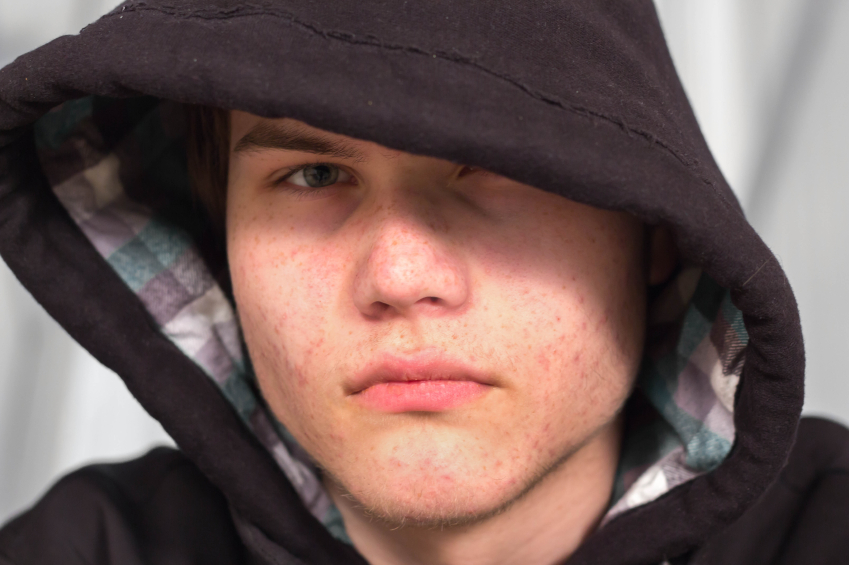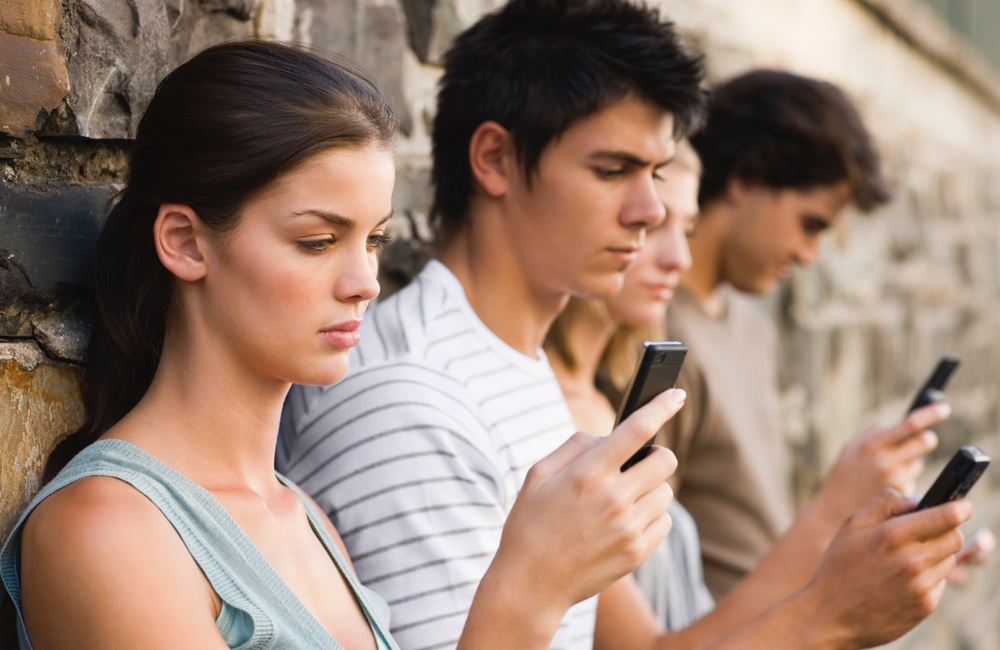The meteoric rise of social media and smart phones since 2007 has coincided with a decline in teenager's mental health. The assumption has been that these two developments are linked.
Researchers from Johns Hopkins Children's Center designed a study to find out if other behaviors might also contribute to teens' worsening mental health.
To be clear, there's little doubt that the use of social media is connected to adolescent depression and other mental health issues, but the study's focus was on whether additional behavioral factors come into play.
“Research shows when social media use is high, depression is also high. But the question is — is that because social media caused that person to be depressed? Or is it because people who are depressed tend to also use social media more, and spend less time exercising and being in green spaces?” Carol Vidal, first author of the study, a child and adolescent psychiatrist at Johns Hopkins Children's Center and assistant professor of psychiatry and behavioral sciences at the Johns Hopkins University School of Medicine, asked in a press release.There's no evidence that greater social media use will predict an increase in depressive symptoms.
To find the answer, the Johns Hopkins research team assessed 376 young adults in Canada (82.4 percent were women). Between May 2021 and January 2022, the participants were asked to complete three online questionnaires. They self-reported their depressive symptoms based on the Patient Health Questionnaire (PHQ-9). This is a scale with nine items that is routinely used to not only measure depression, but also looks at social media use, greenspace exposure, physical activity, as well as the use of cannabis.
Here's what the results showed:
- Most study participants had at least mild depressive symptoms
- Adolescents who had higher social media use tended to be more depressed
- On the other hand, those participants who were more depressed, tended to use social media more frequently
- Over time, social media use did not cause an increase or decrease in depressive symptoms.
“We found that if you tended to be a person who was depressed you were also a person spending more time on social media,” Vidal explained.“...[H]aving a balance of moderate social media use and other outdoor activities and exercise is what people should strive for in today's digital age.”
There's more. Vidal's research team also reported that the higher the level of depressive symptoms, the less time the teens spent out in nature. They were also more likely to use cannabis and have a schedule reflecting “eveningness” — the tendency to wake up later and go to bed later than those early birds who prefer early morning activities and waking up early.
“Being indoors and not exercising, staying up late and using cannabis has its risks,” Vidal explained. “It's important to educate patients and for parents to instill healthy habits in their kids — having a balance of moderate social media use and other outdoor activities and exercise is what people should strive for in today's digital age.”
Even though there is an association between social media use and adolescent depression, the authors of the study say there's no evidence to show that increased use of social media will predict an increase in depressive symptoms over time. The researchers do suggest that people who suffer from depression should be cautious about the amount of time they spend on social media; they should be encouraged to include other healthy habits into their lifestyle.
The CDC offers these ideas for ways parents and families can help teens who are suffering with depression:
- Spend more time together in shared activities
- Become engaged in school activities and helping with homework
- Volunteer at their adolescent's school
- Be in regular communication with the teen's teachers and administrators
The study is published in International Mental Health Addiction.





